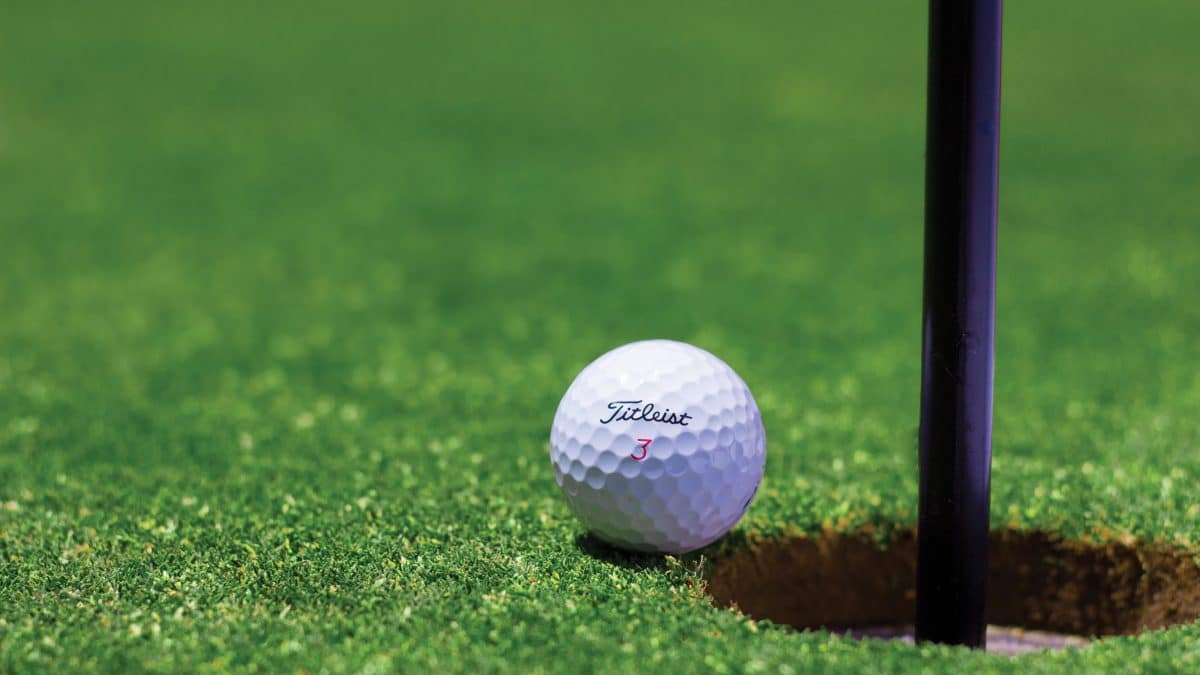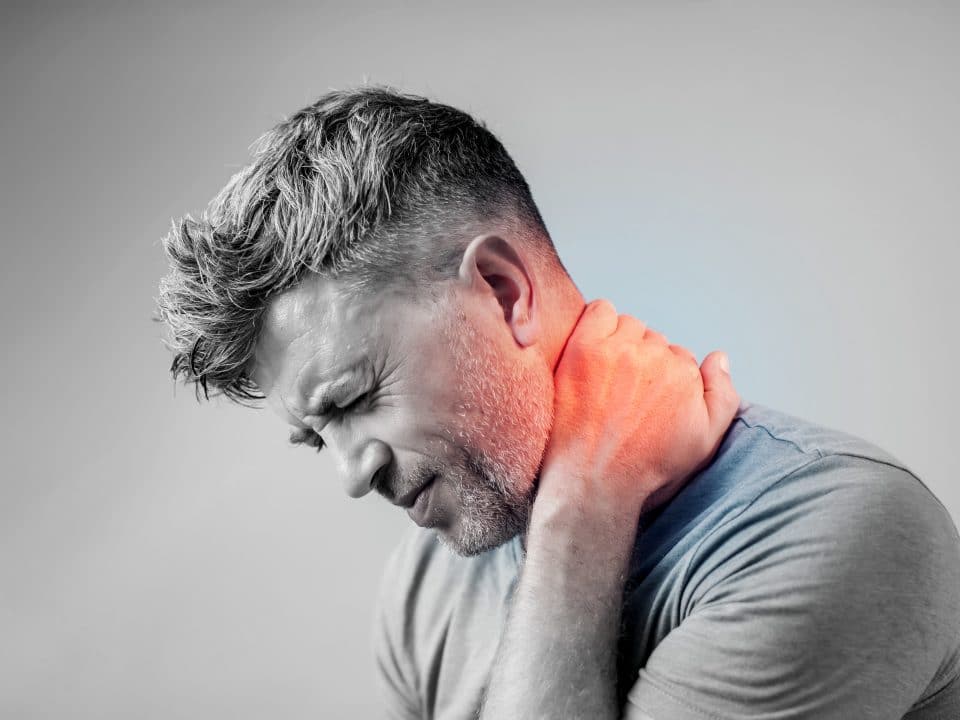Golf and Rotator Cuff Injuries: What You Need to Know

Physiotherapy & Minor Sports Injuries: Does It Work?
February 4, 2019
Don’t be a slouch! The Connection Between Bad Posture and Pain
April 12, 2019No matter how much time you spend at the driving range, golf is never as easy as the pros such as Dustin Johnson and Rory McIlroy make it look. Even so, the promise of long drives and eagles on par fives keeps you coming back to the courses year after year, and it’s not difficult to see the appeal. A game of golf is a great way to spend a beautiful afternoon, even if you do have to spend a bit of that day searching for the ball you sliced in the woods.
However, golf can also be a physically demanding game, which is the other aspect of the sport that seldom comes across on TV. A round of golf is a series of repetitive motions that twist the body in unexpected ways and rotator cuff injuries are some of the most common complaints amongst golfers.
Even if you’re not a golfer, healthy shoulders are very flexible joints!
This flexibility is largely due to the design of the shoulder which relies more on its surrounding muscles and less of its bony design for stability and function. These muscles surround the joint from front to back; helping to keep the joint in place and aligned as it moves in different directions. When one of these muscles is injured it can affect the function of the entire joint and result in pain. Shoulder pain is very common and some estimates suggest that as much as half of the population experiences shoulder pain in a year.
Physiotherapy remains the gold standard for treating all types of rotator cuff injuries. A well designed and executed exercise program will deliver great results for most people and get you back on the course! In fact, research has shown that if patients participate in an appropriate rehab program for 8-12 weeks, 85% of them will do as well or better than if they had the tear surgically repaired.
Each injury has a different set of factors that led to it developing in the first place. If you think you have a rotator cuff injury, start with a thorough assessment by an orthopedic physiotherapist. This will consist of a complete history of the shoulder problem, an analysis of the muscles that control the shoulder, spine and shoulder blade, and an assessment other areas to rule out possible causes of your shoulder pain (ie. referred pain). A careful assessment of how you move your shoulder — including your golf swing! — will provide more insight. Repetitive motions and faulty movement patterns can create muscle imbalances that become injuries when left unresolved.
Treatment will then be prescribed based on your physiotherapist’s assessment findings and might include the following:
- Manual therapy to help correct soft tissue imbalances and improve your shoulder mobility
- Stretching or strengthening of specific muscle groups to correct imbalances
- Postural education
- Activity modification (we want to keep you moving — and golfing — but we can help guide you to know how much to do and when to rest!)
At Midtown Physiotherapy, we help you recover from your rotator cuff injury and get back to doing what you love — whether that’s just getting back to your daily activities or scoring a birdie on the next hole.
Midtown Physiotherapy is a Toronto physiotherapy clinic offering client-centred and evidence-based treatment to help you get back to what you love. We offer appointments at our Yonge and St. Clair location, as well as home services for those unable to come to us.
Don’t forget to follow us on Facebook and Instagram for updates!




